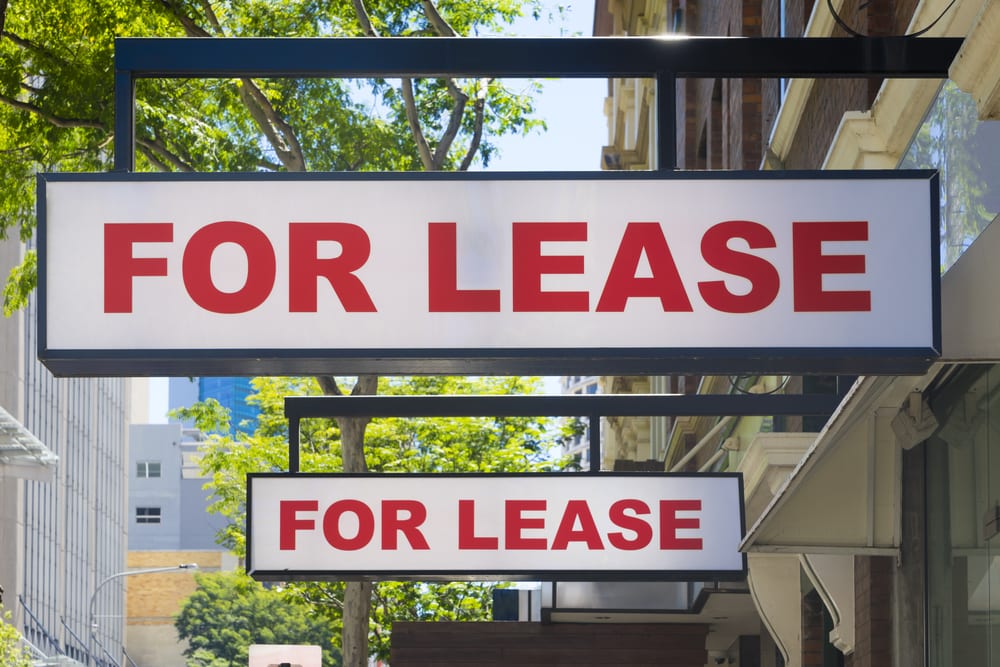
Understanding Commercial Leases – What You Need to Know
 As a business owner, there’s almost certainly going to come a time where you need your own commercial premises. Although finding one for you can be a massive leap of faith, it’s also incredibly exciting.
As a business owner, there’s almost certainly going to come a time where you need your own commercial premises. Although finding one for you can be a massive leap of faith, it’s also incredibly exciting.
More often than not, business owners look to lease premises as opposed to buying them, even if they’re looking to buy them outright in future. This will give you more flexibility if you have a change in business direction.
However, leasing commercial property is different from buying residential property. So, before you put your signature on the dotted line, you need to make sure you understand how commercial leases work.
What does it Mean to Sign a Commercial Lease?
By signing a lease for a commercial property, you’re agreeing to pay a landlord rent on that property for a certain period of time. This period is either defined in the lease or until notice is given by one of the parties – known as fixed and periodic leases respectively. Longer leases are typically preferred by landlords, as it gives them more security, but as a newer tenant you might prefer the flexibility of a shorter lease.
The amount that’s payable will cover rent, as well as any other operating expenses. In commercial leases, you’ll often notice a “gross lease” amount. This covers rental, cleaning and operational expenses, which simplifies your budgeting process.
What You Need to Consider
One key difference between commercial and residential leases is that the former gives you more flexibility with negotiating the terms. However, it’s essential that you seek professional advice before pursuing any negotiations.
If you’re looking to lease commercial property, there will be a number of items included within the lease that you need to comply with, as your signature will be certifying your compliance.
You should consider the following:
- Modifications and improvements – whether you’re allowed to make changes to the property to suit the needs of your business
- Permitted use – what can you use the premises for?
- Right of Assignment – if your business doesn’t last the full term or you need to move premises, a Right of Assignment will allow you to pass the lease onto a new tenant
- Additional clauses – if the premises are public, such as part of a shopping centre, you’ll need to look into additional clauses, such as where you can put marketing materials. These can be found on the Head Lease.
Understand the Financial Implications
When you sign a lease, you’re committing to paying it on time each month, quarter or year. The amount you pay the landlord or property manager is fully tax-deductible. Additionally, if you’re registered for GST, your business can claim GST credits for any GST that’s factored into the rent price.
Unfortunately, if your lease agreement stipulates that you need to buy leased goods, there’s a chance that these won’t be tax-deductible. As a result, it’s essential that you check your financial position with a financial advisor before moving forward with any commitments.